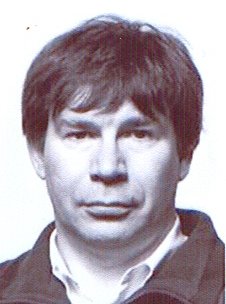Paul Trio, born in Ypres, Belgium, in 1958. Ph.D. from the Katholieke Universiteit Leuven. Professor of Medieval History at the Katholieke Universiteit Leuven.
VNC Fellow (1 September 2003 – 30 June 2004)
CONFRATERNITIES IN THE LOW COUNTRIES DURING THE LATE MIDDLE AGES (13TH – 16TH CENTURY).
A SYNTHETIC STUDY OF SOCIAL INTEGRATION.
A review of the literature shows that the study of the significance and role of the late medieval confraternal system in the Low Countries has been little studied until now. Obviously, the often scarcity of source material has impeded research, as a result of which only limited aspects of individual confraternities can be studied. This may prevent an accurate assessment of the numerical strength or impact of the confraternities in rural areas or in the Northern Low Countries. Those who study the confraternities have to decide whether to distinguish confraternities from other forms of corporate organizations, such as guilds. In the confraternities of the Low Countries it seems that everything was oriented towards the salvation of its members’ souls whether dead or alive. During the Middle Ages, the Low Countries formed a relatively uniform and dynamic cultural, economical and political sphere, which gave the confraternal system its specific characteristics. Typical was, for instance, the high level of participation by members of the confraternities in the omnipresent late medieval festive culture, which manifested itself mainly as an urban burgher culture. The multifaceted development of the confraternal system into very diverse forms and types also fitted in with this cultural and dynamic variety so characteristic of the Low Countries. Even so, there were many regional and local differences between confraternities related to various environmental factors. For instance, the confraternities in the Northern Low Countries paid far more attention to providing meals, poor relief and the care of the sick than those in the South, where other organizations had taken on these responsibilities.
